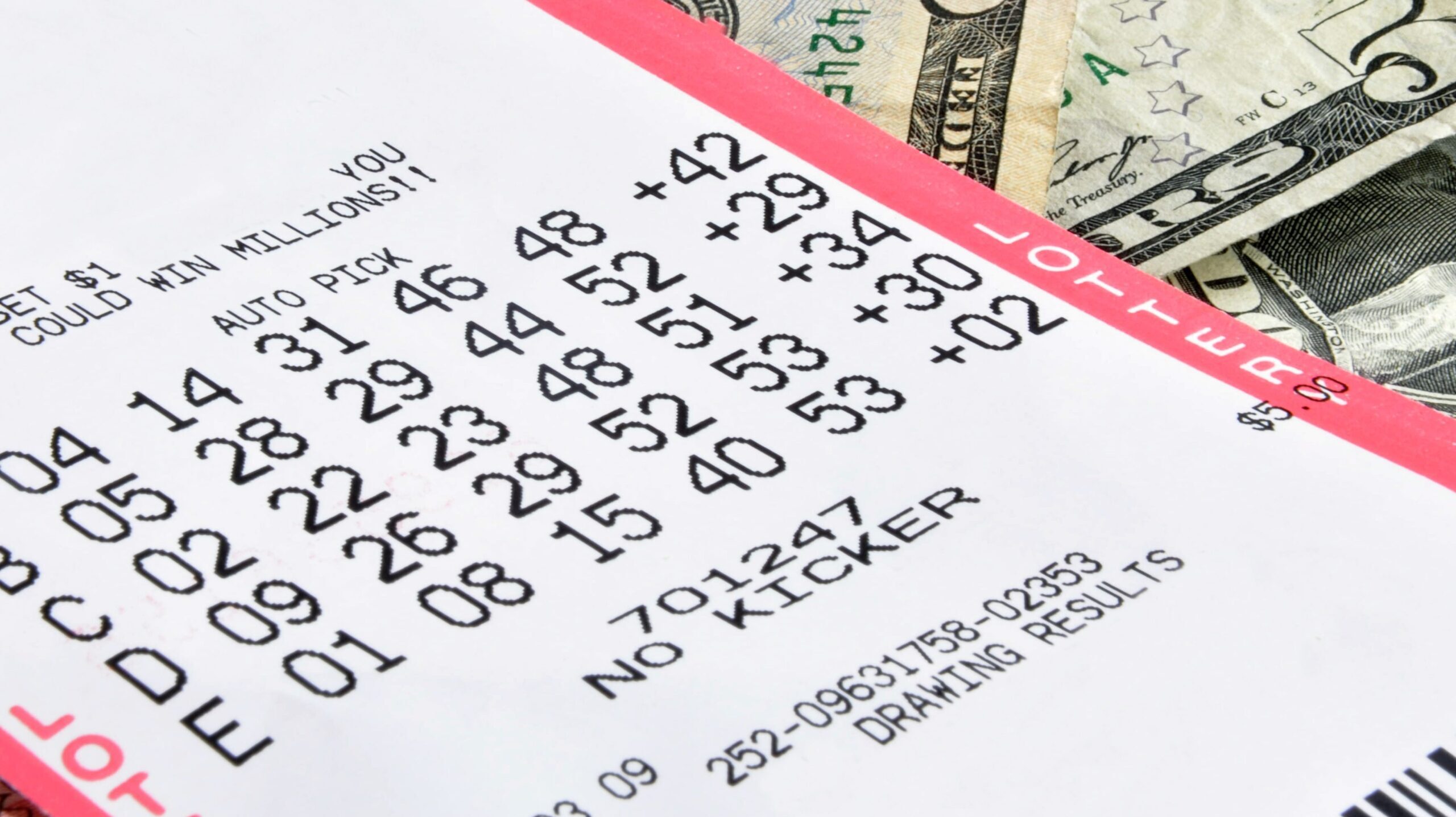The lines snaked out of the gas station doors and around the building in some spots.
At others, there was just a steady flow of people in and out for the past three days, usually a lengthy wait at the counter.
Alabama residents were playing the lottery.
Right over state lines, Alabamians stood in line to send Georgia kids to college for free. And Tennessee kids to pre-K classes. And Florida kids to better job training programs and college prep courses for free.
Because we’re a giving sort of state, I reckon.
Or because we’re dumb.
Probably the last one. But then, that’s not our fault. College isn’t free here.
And that won’t change anytime soon, either. Not if Kay Ivey is elected governor.
Ivey is apparently the frontrunner now, and her camp will happily tell you that she enjoys a commanding 20-point lead in internal polling. (But then, they’ll also respond to every jab thrown by challenger Walt Maddox, and it really makes you wonder about that lead.)
This is the reality for Alabamians.
For the past several days, as people in this state flooded across the borders to snatch up lottery tickets to take part in the $1.6 billion drawing on Tuesday night, we were all left wondering just what that money might do here.
We have some ideas. We’ve seen the studies and heard the experts, and even better, we’ve watched the lotteries in neighboring states play out.
No, they’re not a miracle cure for all that ails a state budget, especially one with a gaping hole like Alabama’s. But they do have their up sides, like college tuition programs and expanded pre-K and dozens of other education-related programs.
There’s also no grocery tax in some lottery states. No gas tax in some. No car tag renewal fees in others.
Those are little things, sure. But they add up on a family living paycheck to paycheck.
There’s also money from those lotteries to treat gambling addiction. And in this state, which has one of the highest rates of illegal sports wagering in the country and three casinos that pay no taxes whatsoever, such programs would be nice.
But all of this might as well be wishing for the death of racism. That’s how likely it is, at least as long as Kay “Susan Anthony” Ivey resides in the governor’s mansion.
There will be no Powerball here. There will be no scratch-offs. There will be no Mega Millions.
I know this because I have heard Ivey speak about the lottery and provide her canned response: She has no problem with people voting on a lottery bill.
As if such a thing could just magically occur.
In reality, to get to such a vote would require the state legislature to move. And that move, as Ivey and other Republicans have stated repeatedly can only occur if there is a “clean lottery bill.”
There is no such thing. Not in Alabama.
Ivey knows this. That’s why she keeps saying it — because it’s the line that allows her to both voice support for a lottery and to also protect herself from the criticisms that come when a vote on the lottery never happens.
I’ve explained numerous times why a “clean lottery bill” is an impossibility in this state. I won’t go into it again, but it has to do with Alabama’s complicated relationship with the Poarch Band of Creek Indians and other gaming casinos around the state.
Such a bill would provide the Poarch Creeks with certain advantages, and a number of elected officials take great issue with providing a group that already has a billion-dollar monopoly with more of an advantage.
But that’s not the only reason it’ll never happen.
There’s also the little matter of groups in surrounding states, including the Choctaw tribe in Mississippi, funneling money into this state to push lawmakers here to fight all efforts at expanding gambling in any form. Rumors, and actual evidence, have flowed for years now about outside money influencing former Gov. Bob Riley’s attacks on gambling establishments in Alabama — the war that carved the path we’re currently walking.
And you’ll never guess who has been to see Ivey numerous times in the short period that she’s been governor.
To put it simply: There is no political will among Ivey and her closest confidants to push a lottery bill, and there’s no political downside for denying the people of this state the opportunity to even vote on the matter.
If there were, Maddox, and his plan for an education lottery, would be getting more traction.
But like Ivey’s lies about her health and her mistreatment of a law enforcement officer, her tendency to be stumped by basic questions, her nearly blank daily calendars and her lack of a plan for pretty much anything at all, the lottery is one more issue Alabama voters are apparently prepared to overlook simply because there is an R hanging beside her name on the ballot.
And so, our people will keep on lining up to help the people in other states live better lives.

















































